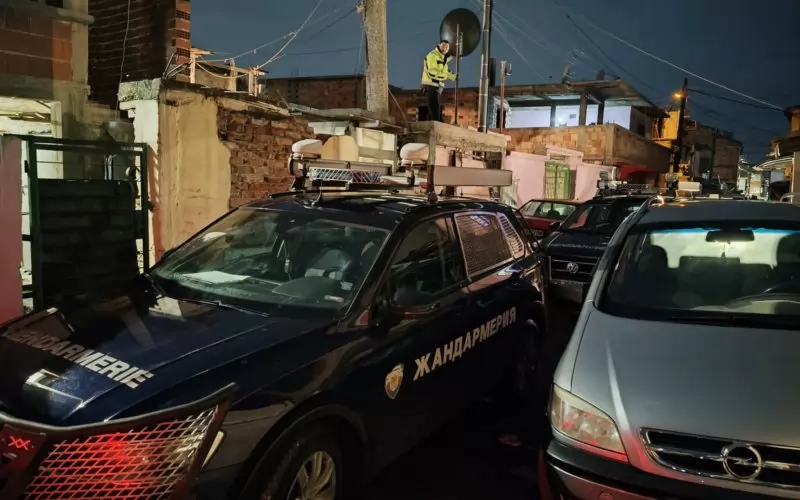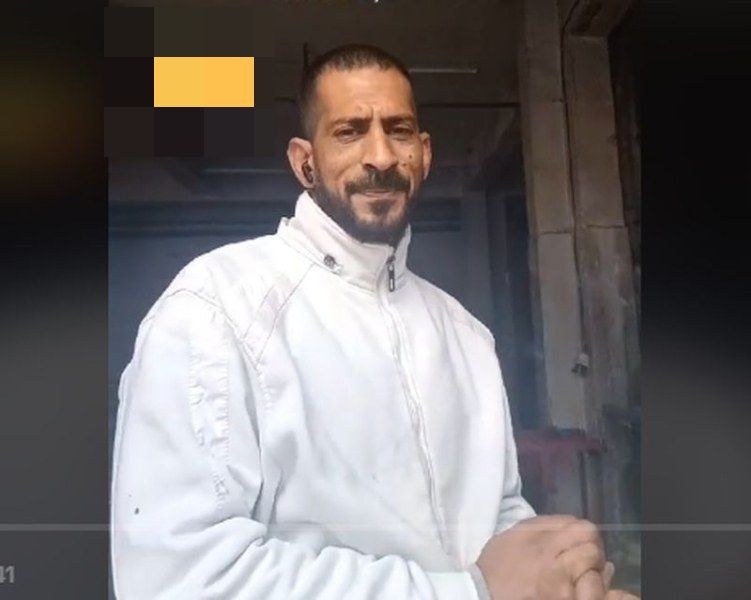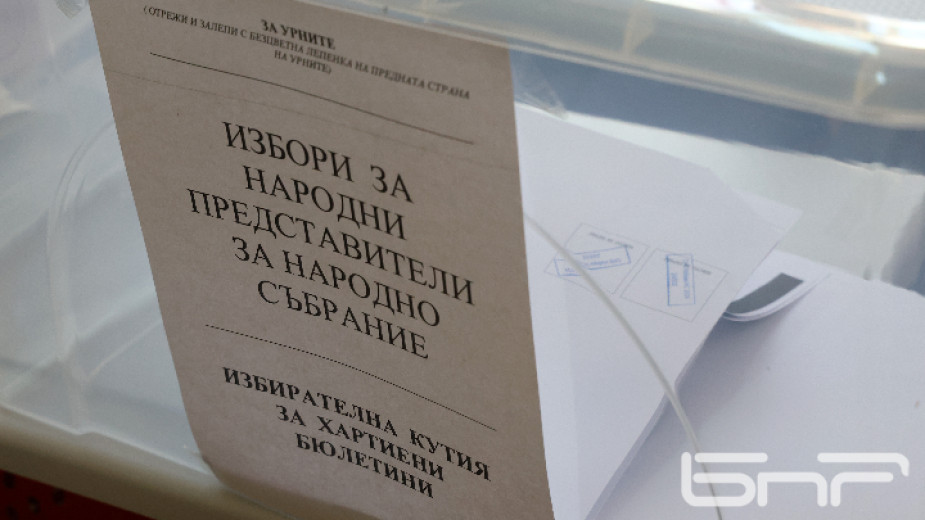Mouillard / Piquemal (2013) report on the whereabouts of persons displaced from their Rroma camp in Lille. 200 families lived there until last week. The mayor justified the eviction with the statements that the situation in the camp had become unbearable. Both the sanitary conditions, as well as the aggressive begging, prostitution and unsustainable behaviour of the inhabitants of the camps had made the eviction necessary according to Martine Aubry. A circular from the government from 12 August 2012 defines the exact procedures of such an evacuation. This includes the construction of sanitation facilities for displaced people and securing the supply of water and other necessities. Mouillard / Piquemal criticise the caricature representation of Rroma from the authorities.
In Villeneuve d’Ascq, after a series of burglaries, on arrived at a pogrom like situation of the initiated by residents who protested against the presence of Rroma. The Mayor of Villeneuve d’Ascq sees the socio-political situation in his district as poisoned by the presence of Rroma and relativises the humanitarian perspective identifying them as victims of exclusion and racism: “Citoyens européens roumains et bulgares, ils ne sont pas des réfugiés qui fuient une guerre ou une dictature mais des populations qui arrivent, s’installent n’importe où, construisent n’importe quoi, sans respect d’aucune loi ou règlements. Ils n’habitent pas Villeneuve d’Ascq. Ils s’y installent sans droit ni titre.“ [European citizen from Romania or Bulgaria, they are not refugees fleeing a war or a dictature but populations who arrive, settle anywhere, build anything, without any respect to laws and regulations. They do not live in Villeneuve d’Ascq. They settle there without rights.] He calls for better distribution or Rroma in the distribution between communes and for a nationally organised Rroma policy.
The assistant to the mayor of Strasbourg presents a differentiated position. She fought for the establishment of well equipped temporary housing options. Around 150 families live in caravans in the camp behind Strassburg’s train station. This costs the government around 200,000 euro per year. The mayor of Gardanne, Roger Meï, seized the initiative and built accommodation on a former mining area. Meï sees his action as a counterpoint to the national policies and visions that are seldom followed by concrete action: “On est fiers de ce qu’on a fait. François Hollande a dit il y a quelques mois qu’il ne devait pas y avoir d’expulsion sans solution de relogement, de belles paroles. Nous, on a agi “ [We are proud do what we die. François Hollande said a few months ago, that there should be no expulsions without more permanent lodging solutions. Pretty words. We acted.]
The Assistant Minister of Social Affairs of Bordeaux, Alexandra Siarri, is outraged by the simplifications in the representations of the situation: Either say you that France can’t afford to integrate Rroma and they have to leave, or one sees them as victims to be saved. The situation around the evictions of Rroma camps in France remains a politically charged issue that is abused for electoral purposes and the people of the country are being sensitised about Rroma. The danger is in a strong negative representation with disparaging views towards the Rroma, which is taking place in the French media, representing Rroma almost exclusively in the form of delinquency and poverty.
Nahoum-Grappa (2013) thematise the various forms of racism against the Rroma in Europe. While in Greece, extreme-right parties have gained during the economic crisis and act with physical violence against foreigners and minorities, in France, the evacuation of illegal has become a status quo. This is especially a view from outside that dominates the media and public image, less than concrete knowledge about the life of Rroma in the camps. Nahoum-Grappa takes a clear position against the regulatory practices that she feels are inhuman and anachronistic, and are a form of socially sanctioned state racism. She notes: “Brûler, écraser, massacrer tout cela sous les yeux d’une famille que l’on met à la rue, et ce à chaque fois qu’ils reconstruisent, c’est une pratique barbare d’avant la démocratie. Mise à la rue, la famille traîne avec ballots et enfants. Le corps de la mère reste le seul habitat de l’enfant tout petit. Les hommes et les vieux, le blanc des yeux jaune, tournent dans la jungle de la ville: tous vivent dans un temps historique d’avant l’idée d’égalité.” [Burn, crush, massacre, all under the eyes of a family that is thrown to the street, and this every time they rebuild, is a barbarous practice predating democracy. On the street, the family errs with children and bags. His mother body remains the only housing for a small child. The men and the old ones, the white of their eyes turning yellow, walk around in the city jungle: all live in historic times from before the idea of equality.]
Francetv (2013) reported a Rroma slum in Marseille. The settlement is generating protests by local residents and, according to right-wing politicians, threatens the social peace. A media tempest was caused by a government advisor Didier Réaul, who called on Twitter for physical violence against the Rroma. He had asked for Molotov cocktail to be thrown on the illegal camps. The UMP deputies Guy Teissier described the camp as well as the many other France as a social powder kegs. If no solid measures are to be taken soon, the National Front will get massive increase in votes in the next elections.
Sources :
- Francetv (2013) Un élu marseillais UMP prône la violence contre les Roms. In: Francetvinfo vom 8.6.2013.
- Mouillard, Sylvain/ Piquemal, Marie (2013) Roms : quand les mairies expérimentent des solutions concrètes. In: Libération vom 11.6.2013.
- Nahoum-Grappe, Véronique (2013) Le traitement actuel des Roms est celui d’une Europe oublieuse de ses crimes. In: Le Monde vom 11.6.2013.







